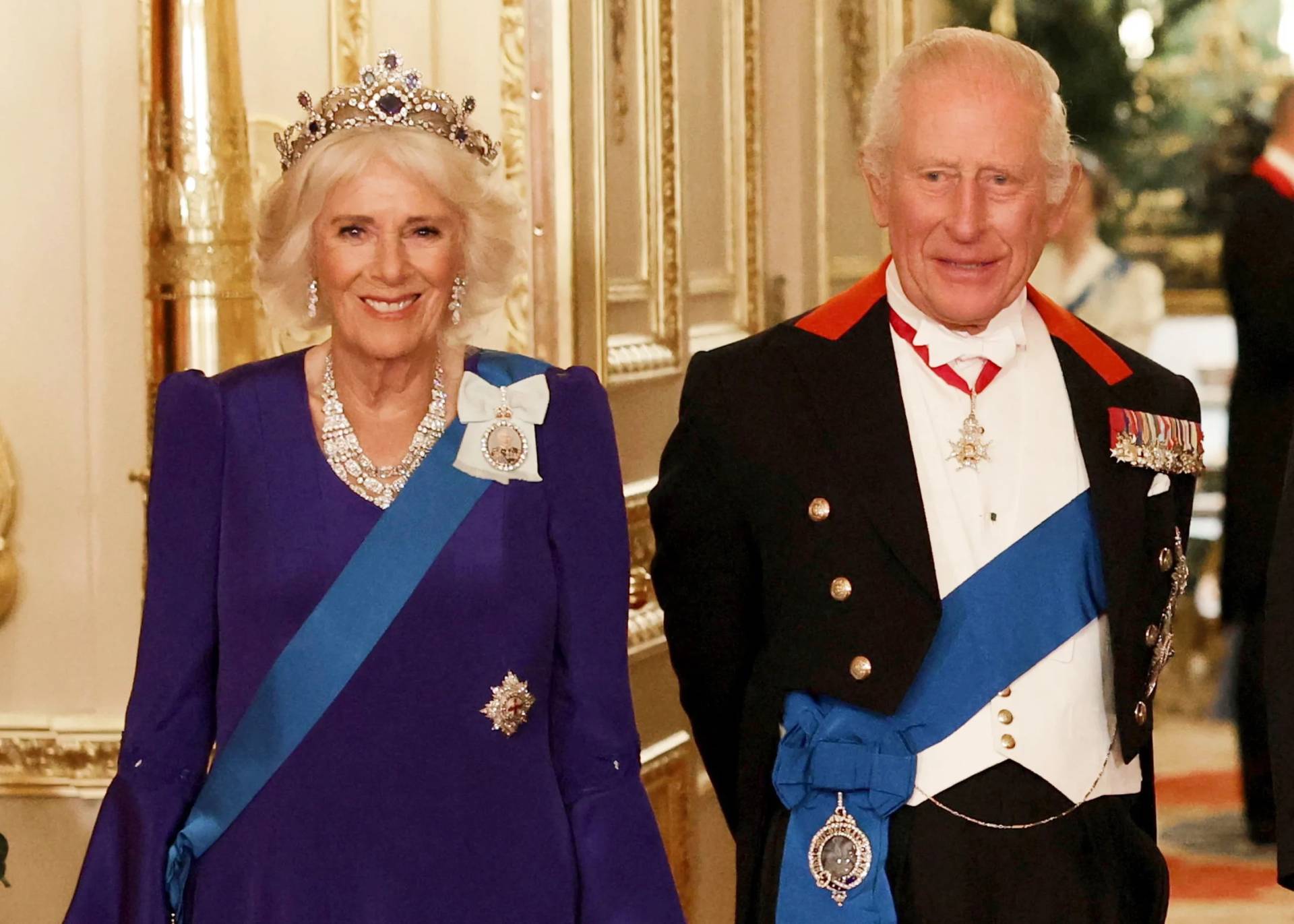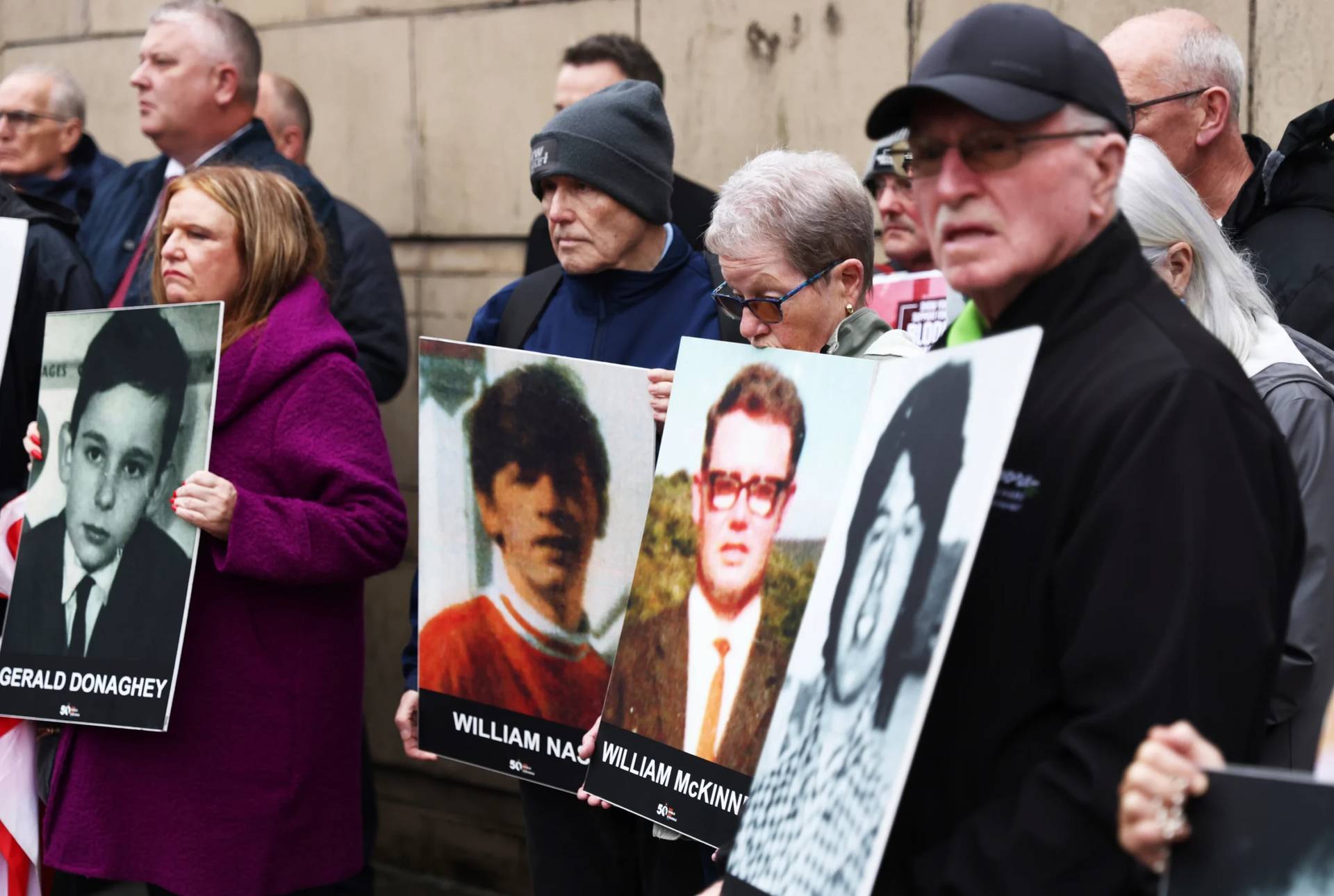LEICESTER, United Kingdom – Cardinal Vincent Nichols of Westminster has welcomed the launch of the British government’s independent inquiry into Christian persecution around the world.
The inquiry was announced by Foreign Secretary Jeremy Hunt in December and will be headed by Anglican Bishop Philip Mounstephen.
During the Jan. 30 launch event, Nichols said that religious faith was becoming increasingly important across the world and pointed to the vitality of Christians as people of hope.
The cardinal also said being a Christian always involved giving a critique of power.
Hunt told the participants that last Sunday’s bomb attack on the Cathedral of Our Lady of Mount Carmel in the southern Philippines was “a very vivid reminder of the terrible truth that freedom of worship is something that cannot only not be taken for granted but is a growing concern all over the world.”
The foreign secretary noted what happened in the Philippines is happening in countries around the globe, and that 250 million Christians “are suffering some sort of persecution all over the world, and we know that a number of the countries where this happens are countries that we don’t necessarily talk about.”
Hunt said the UK foreign office was launching the inquiry “not just because freedom of worship is a fundamental human right, but because also freedom of worship is the invisible line between open societies and closed societies.”
“Where freedom of worship is hampered or prevented, then usually that’s a sign of lots of other things going wrong, and we wanted to make sure that the UK is doing everything to champion the values that we all believe in,” he said.
Hunt said the inquiry will look at Christian persecution “because the evidence is that 80 percent of all the people who are suffering religious persecution are Christian.”
The foreign secretary said Britain’s history of colonialism may have “led to a hesitation to look at this issue properly,” and pledged to not allow this to happen.
“We want to, if I can put it this way, banish any hesitation to look into this issue without fear or favor that may exist because of our imperial history, because of the concerns that some people might have in linking the activities of missionaries in the nineteenth century to misguided imperialism,” he said.
Mounstephen also tried to alleviate these same concerns by noting “the Christian faith is primarily a phenomenon of the Global South and therefore a phenomenon of the global poor, and not an expression of white western privilege.”
The Anglican bishop also said that Christian persecution is not limited to Muslim areas, and so is “not a stalking horse for the Islamophobic far right nor will it give the Islamophobic right a stick with which to beat Islam with.”
Mounstephen also warned against a tendency in the West to set one right against another, usually religious freedom against equality.
“In much of the world one right is not set against another but dependent upon it. For instance, there is an intersection between religious freedom and gender equality. If you are a Christian woman in the Global South you are more likely to be an object of persecution than if you are a man. We in the west need to be awake to such intersections,” the prelate said.
Hunt said the UK wants to build an international coalition of countries that are concerned about Christian persecution.
“We have as a very well-connected country to bring together other countries that share our values and give a voice to people who don’t have a voice,” the foreign secretary said.
“The people who are suffering are some of the poorest people on the planet and they happen to have the faith that I have, that many people here have, and they happen to be suffering very badly for it,” he said.
















